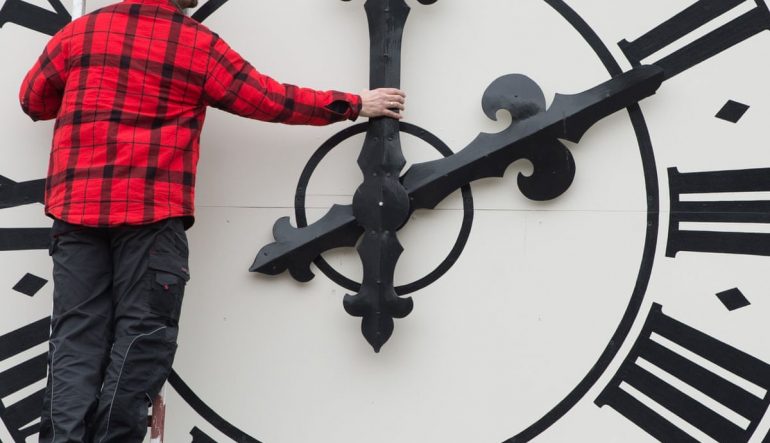Hidden risks of cardiac arrest
While sudden cardiac arrest happens quickly, it is often preceded by a longer period of warning symptoms.
Last week, University of Notre Dame Professor of Cardiology David Playford talked to us about those symptoms, and the methods he and his peers use to diagnose the risk of heart attack and sudden cardiac arrest.
RELATED ARTICLE: Predicting cardiac risk
Professor Playford’s work is focused on identifying traditional risk factors associated with heart disease, including smoking, diabetes, high blood pressure, high cholesterol, and family history.
He also talked about other factors that can lead to cardiac arrest, that are harder to identify – and frequently lead to a catastrophic event before the patient knows they even have a problem.
As Professor Playford said:
“50 per cent of all first heart attacks are fatal.
“This is a very sobering statistic. But it’s important because, before a heart attack occurs, the individual doesn’t know they’ve got a problem. They may be totally unaware of it.
“If the individual hasn’t really been able to anticipate if the problem is going to happen, they haven’t been able to take evasive action to prevent it from happening.”
Non-cardiac causes of cardiac arrest
We have talked previously about behavioural causes of sudden cardiac death.
Drug abuse, excessive consumption of alcohol and even energy drinks, and some prescription drugs are known to increase the risk of cardiac arrest.
Other causes can include non-cardiac medical conditions like lung disease, and external threats such as suffocation or drowning.
It isn’t hard to imagine how these factors can lead to heart failure. But other risks are not so obvious.
For example, here are some of the hidden risks of cardiac arrest.
Daylight savings time
Take this study into the impact of disruption of a body’s circadian rhythms on cardiovascular health.
It found that sleep deprivation and circadian misalignment resulting from clocks being moved forward one hour to adjust for daylight savings time, may affect cardiovascular health.
This same study also suggested that changes in seasonal temperatures that coincided with daylight savings could also have an impact.
It recommended a more gradual transition to daylight savings sleep patterns for people at risk of a coronary event, and better wardrobe planning to prepare for abrupt temperature changes.
Sounds silly? Think of sleep deprivation and abrupt temperature changes as potential sources of system shocks.
Anything that puts strain on the heart, such as jumping into freezing water, can lead to heart rhythm abnormalities – and ultimately, cardiac arrest.
Air pollution
The quality of the air we breathe can also present risks to cardiovascular health.
This study found a 2.4 to 7 per cent increase in out-of-hospital cardiac arrest risk per interquartile decrease in air quality.
In other words, it showed exposure to air pollution increases risk of a cardiac arrest.
Covid-19
A more recent risk factor is Covid-19.
There are currently no conclusive studies into the correlation between Covid-19 and heart failure. That said, early investigations suggest patients who are critically ill with Covid-19 are at increased risk of sudden cardiac arrest.
This summary describes initial findings linking Covid-19 with cardiovascular risk factors, particularly in older patients.
While the observations are far from conclusive, they do provide warning to clinicians, patients and family to be conscious of the risks, and watch for warning signs that could precede cardiac arrest.
RELATED ARTICLE: Taking one for the team



